If you run a shop and take payments using a card machine or cash you get paid immediately. But if you rely on invoices, it can often be stressful waiting for the payment to come through. You’re not alone in this.
According to The Small Business Commissioner, almost 7 in every 10 small business owners faced serious problems with late payments during the pandemic. With the cost of living crisis starting to impact small businesses, over 26% report that late payments from customers have become more frequent.
To help combat this, setting out your payment terms to make sure customers pay on time, and also planning your cash flow, is increasingly important as prices rise.
Here are some top tips to help make sure you are paid on time.
Tell customers how and when they need to pay from the start
You need to make it clear to all customers upfront what your payment terms are. According to the Small Business Commissioner, the payment terms need to state when the payment for the goods or services must be settled by. This can be put in the bill or the invoice.
It goes on to explain that, ‘The payment term begins at the point that the invoice has been received and accepted. If payment isn’t received on the agreed date, or before that date, the payment is late. In that case late payment charges can be applied.’
Payment terms usually include:
When you expect to be paid in full. Whether that’s on receipt of the invoice, within 30 days or on a specific date
Any requirements for a deposit payment upfront
How you want to be paid e.g. by bank transfer or other means
It’s recommended that you share these in writing and ask that your customer acknowledges them. You can also add notes to your Mettle invoices to remind your customers of these payment terms when they receive your invoice.
FreeAgent, which you can get for free with a Mettle account*, also offers invoicing services, where you can create different templates, and set up recurring invoices.
Send invoices out quickly
It’s easy to get behind on your invoicing when you’re busy running your business. But customers will wait for an invoice to confirm payment details before they make any payments.
Keep in mind that your payment term won’t start until an invoice has been received. This means that the quicker you send your invoices, the quicker you’re likely to get paid.
You can also create invoices on the go in the Mettle app and share them with your customers easily to help streamline this process.
More small business tips:
Make sure your invoice is clear and accurate
Questions or disputes about an invoice can cause delays in getting paid. It’s important your invoice is accurate and includes all of your business details as well as a breakdown of the products and costs your customer is paying for.
The Government website has a list of requirements for invoicing and taking payments. Remember that if you charge VAT, you need to split it correctly on your invoice.
Mettle invoices cover all of these requirements, including the VAT rates, making it easier and simpler for you.
Follow up promptly on overdue invoices
Chasing a customer for payment can sometimes be difficult, but as a business owner you will want to be firm but friendly when reminding someone to pay the money that’s due. The Small Business Commission has a timeline for when you should chase overdue invoices.
The longer you leave an invoice unpaid the more difficult it can be to follow up. Make sure you remind your customers as soon as the payment is overdue.
Mettle will send you helpful push notifications so you can have a conversation before the payment is late. You can also quickly check on your overdue invoices on the ‘Unpaid’ tab of the Mettle app.
Late payments and what to do about them
According to the Government, if you don’t set a payment term, your customer has to pay you within 30 days. This was reduced from 60 days after an update to the new Prompt Payment Code that came into effect in 2021, helping to tackle late payments to small businesses.
If your customer doesn’t pay you, then you can make a statutory demand to ask for the payment. There are other ways to ask for your money back, rather than sending a statutory demand, such as mediation or court action.
You also have the right to charge interest for any late payments. This is called ‘statutory interest’ and is 8% plus the Bank of England base rate for business-to-business transactions. However, keep in mind that you cannot claim statutory interest if there’s a different rate of interest in your payment contract with your customer.
*To get FreeAgent for free, all you have to do is make at least one transaction a month from your Mettle account. If you don’t make one transaction a month, or if your Mettle account is closed and you continue to use FreeAgent then the FreeAgent fees will apply.


